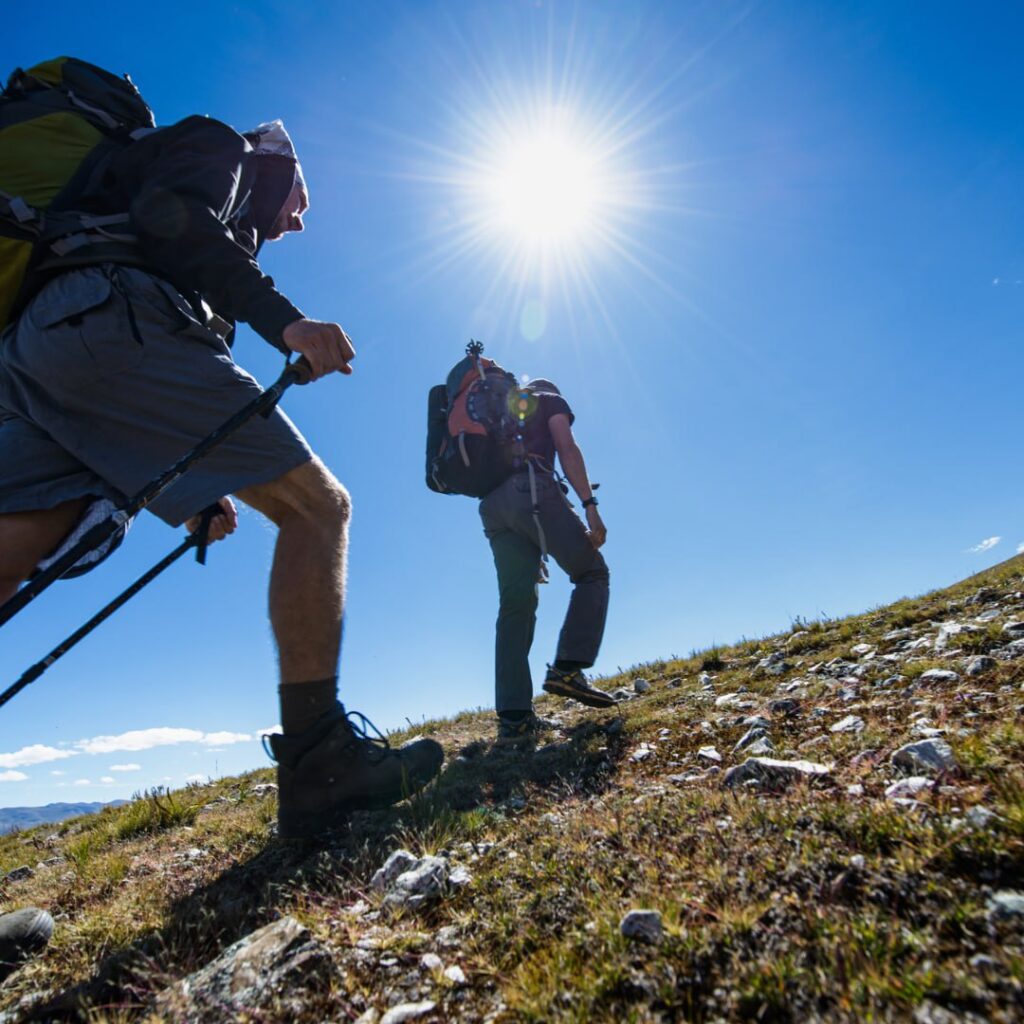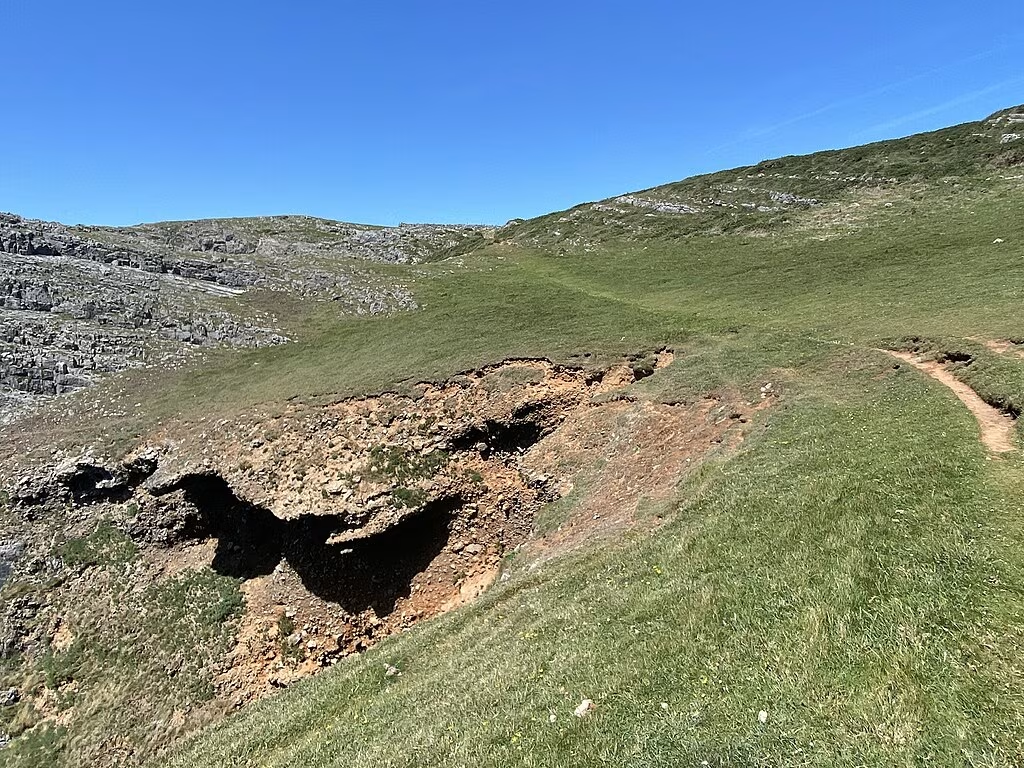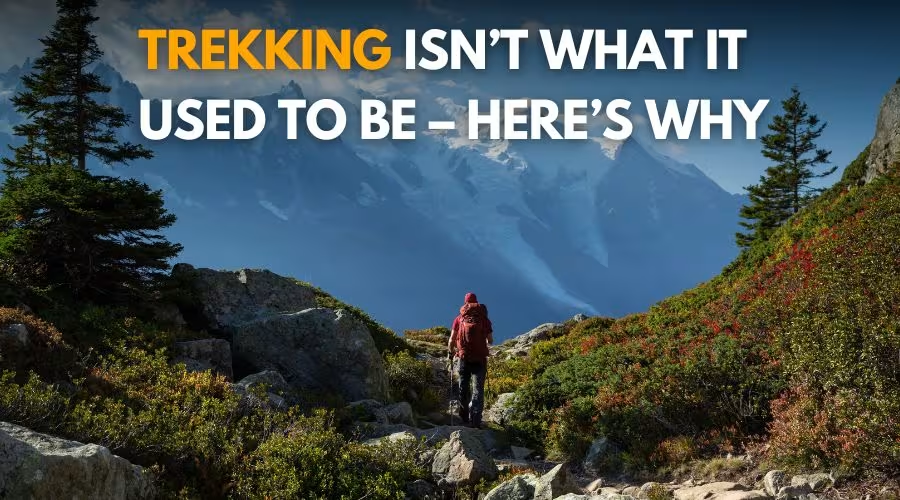Not very long ago, trekking was about stepping out of comfort zones to be one with nature, in its wilderness away from the city chaos. But the trekking scene is changing rapidly, not for the good but for the worse. Trekking has become accessible but is also facing the brunt of commercialisation and it is killing the very spirit and essence of trekking that many of us looked up to.
Most people now go to the mountains expecting the same comfort of their homes, but just with pretty backgrounds. Is that how it is supposed to be? It’s time you reflect and be a better traveller. Here’s what is happening!

1. Comfort in the Mountains
If everyday of your life looked the same – would you like it? Isn’t that why people seek different experiences. But trekkers are now going to the mountains demanding comfort of what they have at home, at a remote place.
Trekking brings one closer to the sheer ruggedness of discomfort, and people seemingly are moving away from it. The next time you ask for a luxury sleeping arrangement, or chairs or animals to carry your bags, remember that trekking does not come with the convenience of city life, and that’s the beauty of it.
The only comfort you should be seeking is solace, or whatever calls your heart. The demand for this is pushing trekking organisations to ramp up the supply, putting the natural resources at jeopardy. But who cares right, until a disaster takes us all away?
2. Lack of Respect
The Mountains have the power to transform and teach lessons no school has ever taught. But now, trekking has become about ticking something off lists, instead of the transformative journey it is. Trekkers disregard the teams and tread with no respect for the trails, local community, and culture.
Most people often blow up music into their fancy bluetooth speakers. The precious thing about being in the mountains is its silence. But instead of listening to birdsongs, people listen to Bollywood songs, which one can very well do back in the city – why go to the mountains for that? It is also concerning that trekkers want to finish the trek within the time of the itinerary, but write off weather conditions, what they don’t realise is that the Mountains don’t care about your timeline.
3. No Authentic Experiences
In the times of the Internet Era, where everything is up for sale, authenticity has taken a back seat, trekking is no exception. While trekking takes one to places hidden in the unreal terrains and shows local cultures, it is now becoming a social media facade. To cater to the masses, trekking organisations are taking the easier route, to bundle up a package that doesn’t give any authentic experience.
Before you blame them, remember it is always a cycle of demand and supply. The packaged encounters are popular, because more and more people are teaming up towards it.
4. Environmental Degradation
The mountains are not able to handle mass tourism from the human parade on the trails, topped up with the waste that is generated.
Sure, people have heard about ‘don’t litter, take waste back with you’. But the percentage that follows it is as less as people living in Antarctica. The already fragile ecosystems are now more vulnerable to degradation.

5. No Responsible Tourism
Trekkers with entitled behaviour and tour operators catering to that are putting fire to the already spreading wildfire. Disturbing natural peace, littering everywhere, leaving waste behind, no respect for the place and locals, and with tour operators overbooking their treks, not managing waste correctly, and with no locals’ involvement – is a recipe for disaster. Responsible Tourism is the need of the hour, and it should start with us.
6. Social Media over Self Discovery
Trekking is meant to be a journey of self-discovery, but sadly, now it is a social media galore. We, of course, want to show our best experiences with loved ones, no one is against that. But the problem is it being the only thing people care about, instead of being one of the many things.
7. Mass Tourism
Mass tourism has taken over the world, with people rushing to see what everyone is seeing and do what everyone is doing, putting local ecosystems in danger. It is taking over rapidly, and many are rushing to the mountains.
Remember the time when there was human traffic on Mt.Everest? There is always a better way and a time to travel, maybe you just aren’t looking in the right place. Well, these days most of us want solutions at the speed of light, and with travel, it is not helping at all.
8. Greenwashing
Sustainability is as much a necessity in today’s day and age, as is clean air. But there is a lot of greenwashing in the industry, with labels like ‘eco-friendly’, ‘sustainable’ becoming bankable catch phrases, when in reality they do nothing for the betterment. Choose who you travel with (agencies/operators) and how you travel.
Trekking was never just about reaching the summit, it was about the silence between footsteps, about the journey rather than the destination, the humility of being small in front of nature, and the transformation that happened within. But somewhere along the way, the trails got crowded, not just with people, but with noise, unending demands and the need for validation.
As commercialization, social media, and mass tourism continue to plague, we are losing the very essence that once made trekking a magical experience. The solitude, the rawness, the connection — all traded for convenience, content, and comfort.
But all is not lost. It can change, and it has to start with us!

Leave a Comment